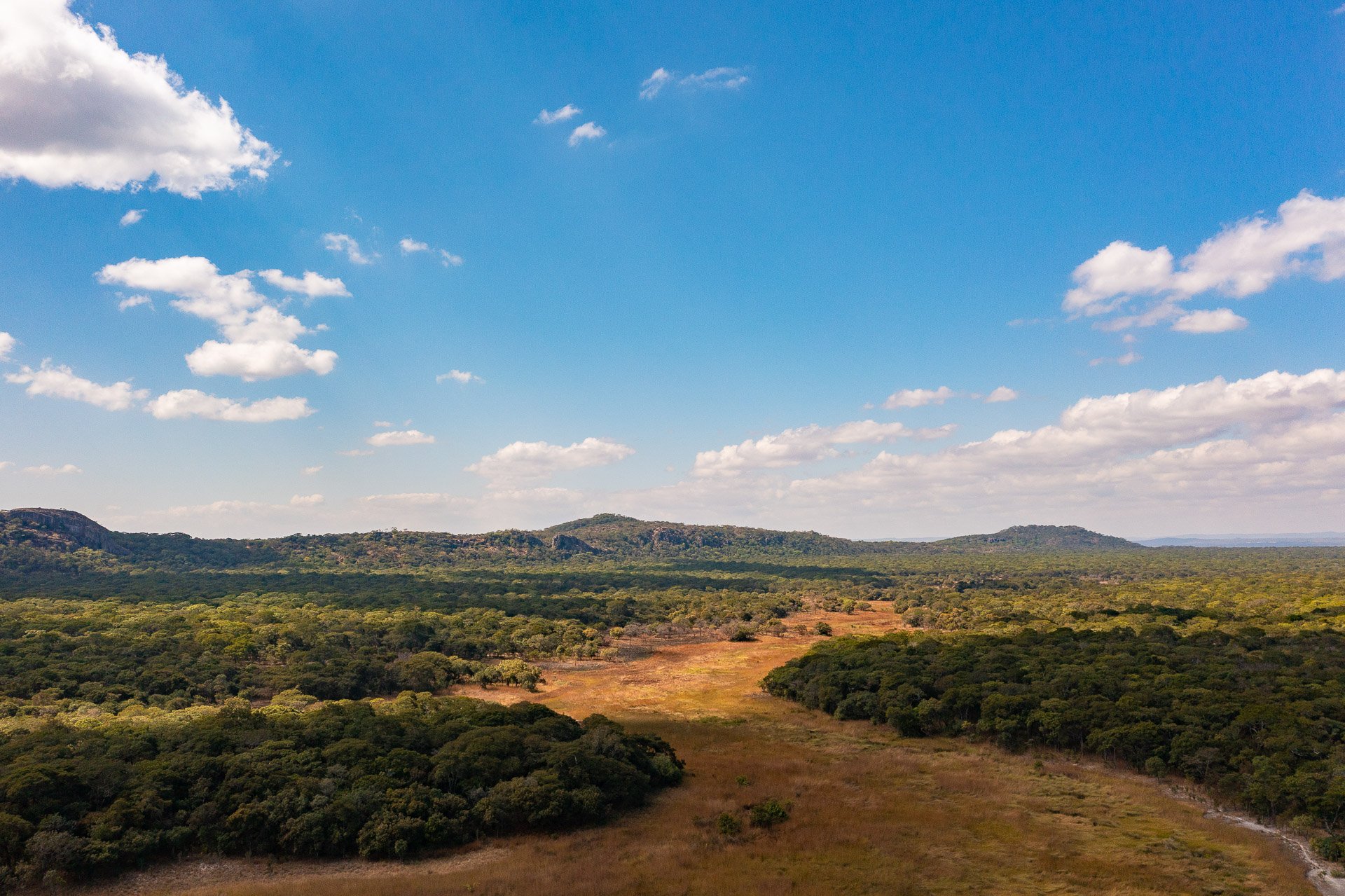
Conservation Farming
North Swaka Trust has partnered with Foundations Zambia since 2019 to train small-scale farmers in conservation farming to increase their crop yields and restore the quality of their soil to ensure long-term food security. By reducing the drivers of shifting agricultural practices, conservation farming can help reduce encroachment and deforestation.
Conservation farming increases water and nutrient use efficiency and contributes to improved and sustained crop production. It prevents the loss of arable land, while regenerating degraded land, using methods that promote maintenance of a permanent soil cover, minimum soil tillage and crop diversification. This type of agriculture enables farmers to intensively cultivate smaller fields to get bigger yields using a method that not only improves food security now but restores the quality of the soil to ensure food security into the future.
To date we have trained over 800 small-scale farmers in conservation agriculture across 64 villages in the bufferzone around the North Swaka and Mkushi Headwaters Forest Reserves, covering an area 75km wide. Through training programmes, demonstrations and field support North Swaka Trust and Foundations Zambia have worked to enhance the resilience and livelihoods of small-scale farmers and reduce deforestation resulting from shifting agriculture.
